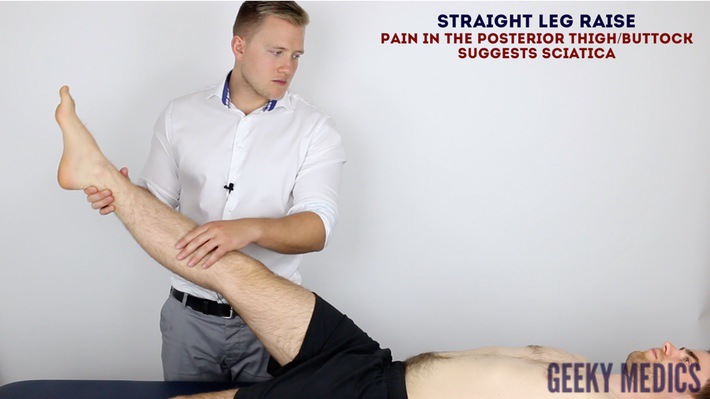

complete physical examination, including your back for flexibility, range of motion, and the presence of certain signs that suggest a particular nerve root is being affected.

The longer the source of nerve irritation remains untreated, the greater the potential for long-term or permanent nerve damage If you are experiencing any of these symptoms, particularly muscle weakness, please see your doctor.
Radiculopathy can create hypersensitivity to touch as well as numbness in the area of skin that’s served by the affected nerve root. Other symptoms can include neck pain and headaches near the back of the head (occiput) arm reflexes also may be impaired. Cervical radiculopathy typically manifests as pain, numbness and weakness that extend from the neck into the shoulders, arms and/or hands. The quality and type of pain can vary, from dull, aching, and difficult to localize, to sharp, burning, and easy to pinpoint. Sensory symptoms are more common than motor symptoms, and muscle weakness is usually a sign that the nerve compression is more severe. The most common symptom of lumbar radiculopathy is sciatica, or pain that radiates from the back into the buttocks and legs. Radiculopathy usually creates a pattern of pain and numbness that is felt in your arms or your legs in the area of the skin that’s supplied the by the sensory fibers of the nerve root, and weakness in the muscles that are also supplied by the same nerve root. Radiculopathy is often caused by direct pressure from a herniated disc or degenerative changes in the spine that cause irritation and inflammation of the nerve roots. These nerves carry electrical signals to and fro the brain, creating sensations and movement. Those in the cervical spine, for example, extend to the upper chest and arms those in the lumbar spine the hips, buttocks and legs. The nerves that extend from each area of the spinal cord are connected to specific parts of the body. Nerve roots are the paired bundles of nerve fibers that extend from the spinal cord through openings on the side of each vertebra. Sciatica refers to a common type of radiculopathy that results in pain from the back to the buttocks and or legs. Radiculopathy is the term used to describe the symptoms of nerve root irritation, which can include pain, numbness, tingling and weakness. Brain Aneurysm & Cerebrovascular Disease Treatments. Corrective Spinal Deformity/Scoliosis Surgery. 

Artificial Disc Replacement/ Cervical Arthroplasty.Anterior Cervical Discectomy and Fusion (ACDF).Brain Aneurysm & Cerebrovascular Disease.








 0 kommentar(er)
0 kommentar(er)
